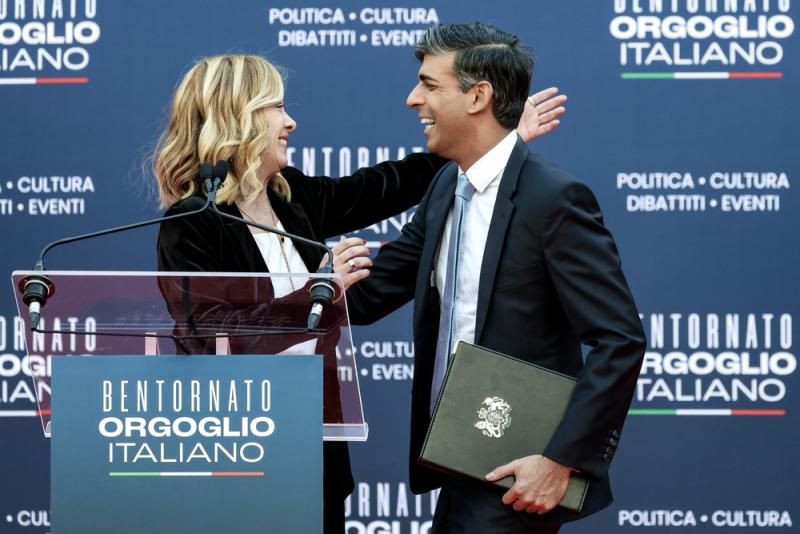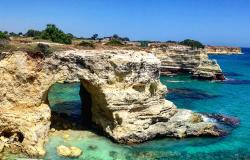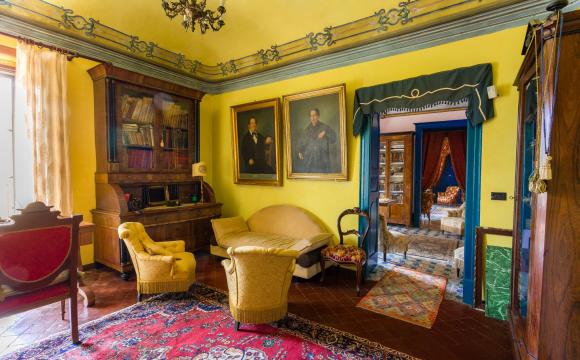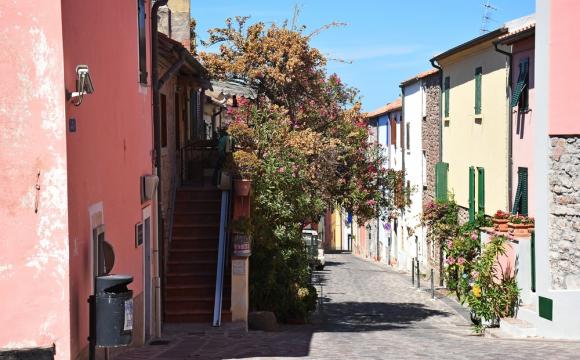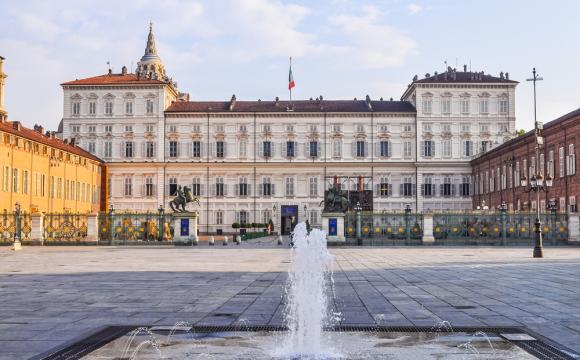As Prime Minister Giorgia Meloni welcomes world leaders to Borgo Egnazia, Puglia for the G7 Summit from June 13-15, the results of the European Parliament elections earlier this week are key to understanding the Italian mood as the event gets underway.
Meloni’s Fratelli d’Italia (Brothers of Italy) party won the majority of the vote, but Italian voter turnout at the European elections was less than 50% — the country’s lowest ever in a European election. Brothers of Italy took home 28.8% of the vote, whereas the Partito Democratico (PD or Democratic Party) received 24%, several points higher than the polls predicted. The other three major parties hovered around 10% each.
“The gap between Meloni’s party and [us] has narrowed to just one million votes,” Elly Schlein, leader of the Democratic Party, wrote on Instagram after the election results were announced. “The message is clear: Giorgia Meloni, we are coming.”
The bigger picture
The right-wing parties gained several seats, with the European People’s Party (EPP) considered center-right, winning the most. The European Conservatives and Reformists (ECR) is the fourth largest party and the one with which Meloni’s Brothers of Italy party aligns; it took more seats, thanks to Meloni’s win.
The world has changed dramatically since the last European elections in 2019. Fallout from the Covid-19 pandemic, wars and inflation have only pushed hard-right parties across Europe ahead in national elections, with Italy being one of the most prominent examples.
Meloni was one of the few member state leaders whose party took the lead in this European election, while some of her European counterparts suffered major losses. Her success is sure to reinforce her position in Italy and on the international stage.
Far-right parties won in several other countries, but the parties they make up in the European Parliament are divided. Many remain unaffiliated, which makes forming a larger coalition difficult. The existing coalition of the center-right EPP alongside the socialists and liberals is likely to maintain its majority and to reinstate the incumbent European Commission president, Ursula von der Leyen.
Although the ECR has no chance of forming a coalition of its own, having gained several seats thanks to Meloni’s win in Italy, it might have a chance to contend for some of the other top jobs. However, von der Leyen will be looking for support in her reinstatement, including from Meloni, and with this influence, Meloni could put a member of her party in a seat on the Council of Ministers.
On top of the world
The Italian head of state will have the chance to anticipate some of these decisions during the G7 Summit that kicks off today in Puglia and runs through June 15. Meloni is hosting leaders from Canada, France, Germany, Japan, the United Kingdom and the United States, as well as those from the European Union, in the luxury resort Borgo Egnazia in the Brindisi province of Puglia. The summit will address some of the major issues, such as migration, that have led to the shift in leadership across Europe in the recent elections.
While Meloni enters the G7 discussions with a win at her back, some of her fellow leaders are facing shakeups after the recent elections, such as Emanuel Macron of France, while others will be confronting major elections later this year.
“We have an extremely challenging year ahead, during which Italy will be in the global spotlight and the eyes of the world will be on us,” said Meloni of Italy’s G7 Presidency. “We have a great responsibility on our shoulders and we intend to honor it to the best of our ability, showing once again how capable Italy is of leading the way.”
